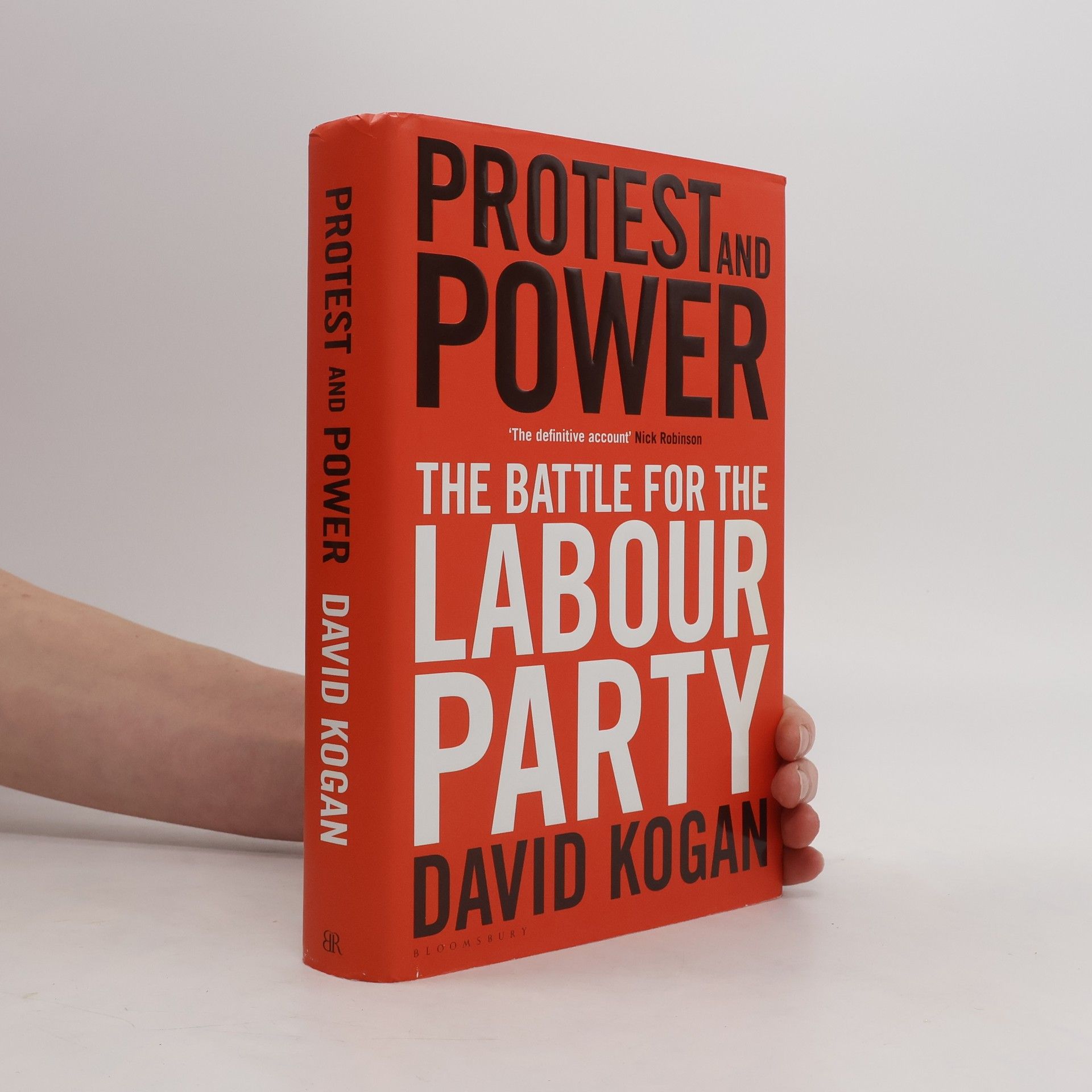Protest and Power
- 448 pages
- 16 hours of reading
Labour has shifted from the New Left, to New Labour, to Corbynista Labour. Now, it may see power again with a most unlikely group of activists from the 1970s becoming the fourth generation to win power since 1945.Only Clement Attlee, Harold Wilson and Tony Blair have won power from a sitting Conservative government. Of the ten general elections since 1979, Labour has won three, all under Blair. This record of failure, if applied to any other walk of life, would raise the fundamental question of why continue to fight a losing battle? For Labour, it asks whether it is a party of protest – designed only to be a voice from opposition, commenting on the flaws and falsities of Conservative police – or a party of power?Including exclusive interviews with key party members from the 1970s to today including Neil Kinnock, Tony Blair, Ed Miliband and Jon Lansman; and the party's recent struggles with antisemitism and Brexit, this book chronicles the conflicts within the Labour party, the schisms between ideologues and pragmatists, and how these fissures seem destined to keep Labour in opposition.
